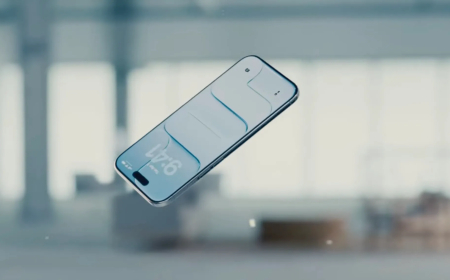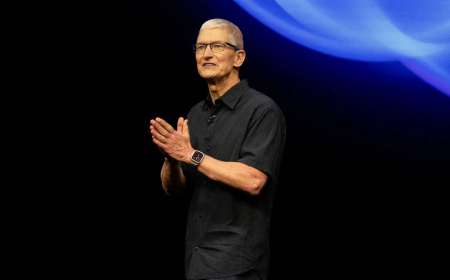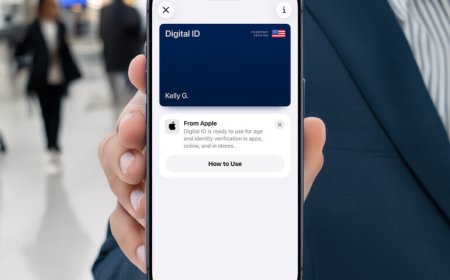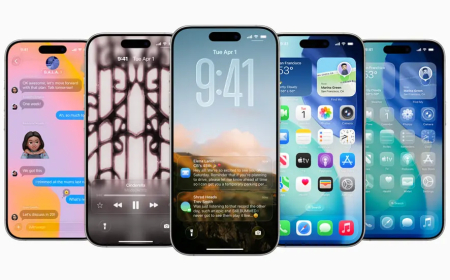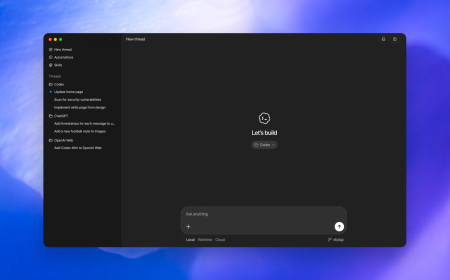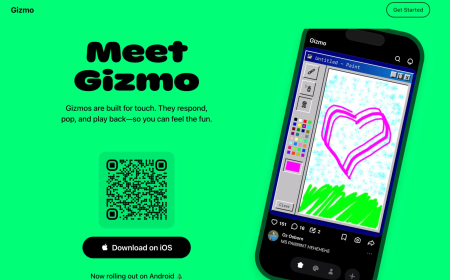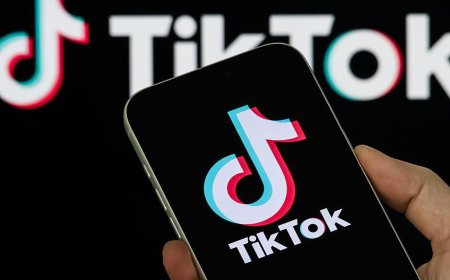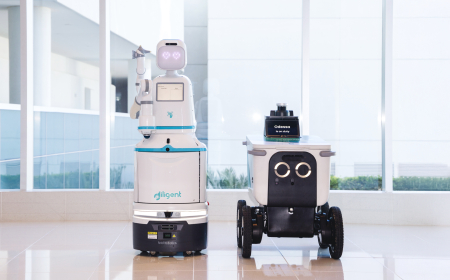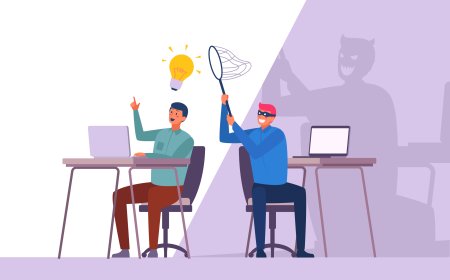A former physician has launched Robyn, an empathetic AI companion
Harvard-trained physician Jenny Shao leaves medicine to launch Robyn, an emotionally intelligent AI assistant designed to help people build self-awareness and foster human connection, backed by M13 and top tech investors.
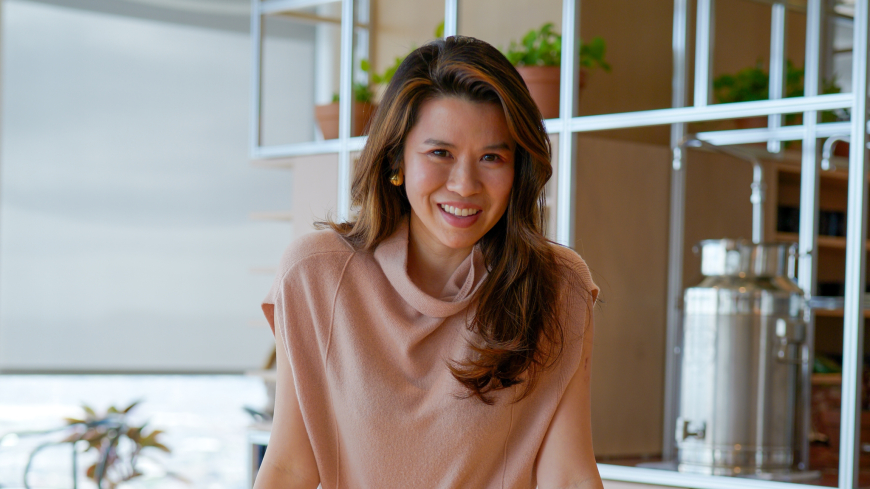
When the pandemic struck, Dr Jenny Shao — then a Harvard resident physician — saw firsthand how isolation was impacting people’s mental and neurological health. Instead of continuing her medical career, she made a radical pivot: leaving Harvard to build Robyn, an emotionally intelligent AI designed to help people understand themselves and strengthen their emotional resilience.
Robyn, available on iOS, isn’t marketed as a therapist, a friend, or a chatbot replacement for human relationships. Instead, Shao describes it as “an emotionally intelligent partner — someone who knows you well enough to support you.”
A Doctor’s Approach to Empathy in AI
Before launching Robyn, Shao studied human memory in the lab of Nobel laureate Eric Kandel, whose research inspired Robyn’s unique “emotional memory system.” This system enables the AI to recall user patterns, traits, and emotional cues, allowing it to engage in more in-depth, consistent conversations over time.
The app initiates an onboarding process similar to that of journaling or wellness platforms, asking users about their personality, goals, and preferred tone of interaction. From there, Robyn can guide users through personalised reflections, routines, and emotional insights.
As conversations evolve, Robyn builds a psychological profile that highlights a user’s emotional fingerprint, attachment style, love language, growth edge, and inner critic — aiming to help people better understand themselves, rather than relying on the AI.
Safety and Boundaries by Design
With growing concern about AI companions influencing vulnerable users, Shao emphasised that Robyn is not a clinical substitute and is designed with strong guardrails.
The assistant recognises crisis language and immediately provides emergency resources, such as hotline numbers or directions to the nearest ER. It also refuses non-personal or trivial requests, maintaining its focus on emotional growth and human connection.
This approach comes at a time when AI companion apps are under scrutiny. A July 2025 study found that 72% of U.S. teens had tried AI companionship apps — some of which have been linked to tragic outcomes. Robyn aims to be the ethical alternative in that space.
$5.5 Million Seed Funding for a Safer AI Future
Robyn has raised $5.5 million in seed funding led by M13, with participation from Google Maps co-founder Lars Rasmussen, early Canva investor Bill Tai, former Yahoo CFO Ken Goldman, and X.ai co-founder Christian Szegedy.
Rasmussen said the company’s mission struck a chord:
“People are surrounded by technology but feel less understood than ever. Robyn tackles that head-on by helping users reflect and reconnect — first with themselves, then with others.”
M13 partner Latif Parecha added that safety remains a top priority:
“AI will soon be part of our lives the way family and friends are. That’s why guardrails and escalation systems are essential for tools like Robyn.”
A Paid Model Focused on Connection, Not Addiction
After several months of limited testing, Robyn is launching publicly in the U.S. with a subscription model, priced at $19.99 per month or $199 annually.
The startup, which began the year with just three team members, has now grown to a 10-person team focused on ethical AI and emotional well-being.
Shao says her goal isn’t to replace therapists or friends but to restore emotional awareness in an over-connected world:
“Robyn isn’t here to fix you or to replace anyone in your life. It’s here to help you understand yourself — and reconnect with who you already are.”
What's Your Reaction?
 Like
0
Like
0
 Dislike
0
Dislike
0
 Love
0
Love
0
 Funny
0
Funny
0
 Angry
0
Angry
0
 Sad
0
Sad
0
 Wow
0
Wow
0




